Re: Nagorno-Karabagh: Military Balance Between Armenia & Azerbaijan
RIP, born 1996. I don't what to say. I don't know much of this we're supposed to accept. I don't know how far their dictator is willing to take this.
Where at? Can you provide a link? Who would replace him? He's the only government official with public support
RIP, born 1996. I don't what to say. I don't know much of this we're supposed to accept. I don't know how far their dictator is willing to take this.
Originally posted by Shant03
View Post






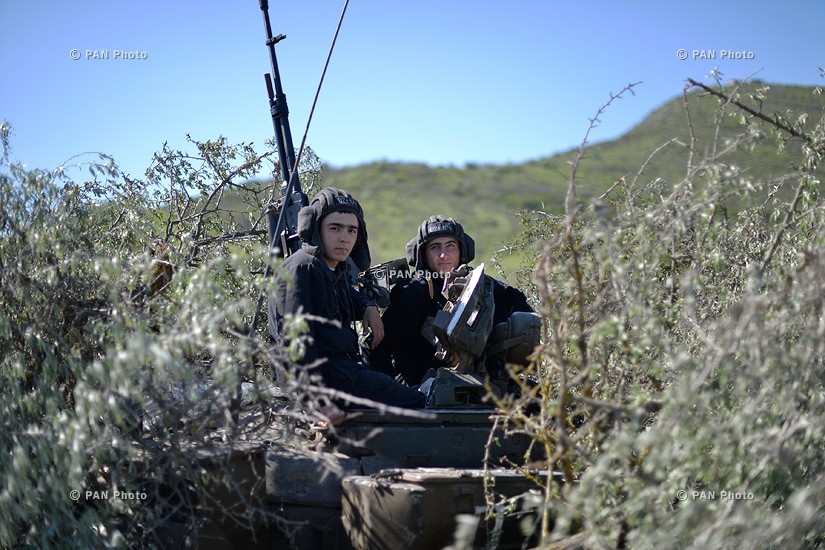
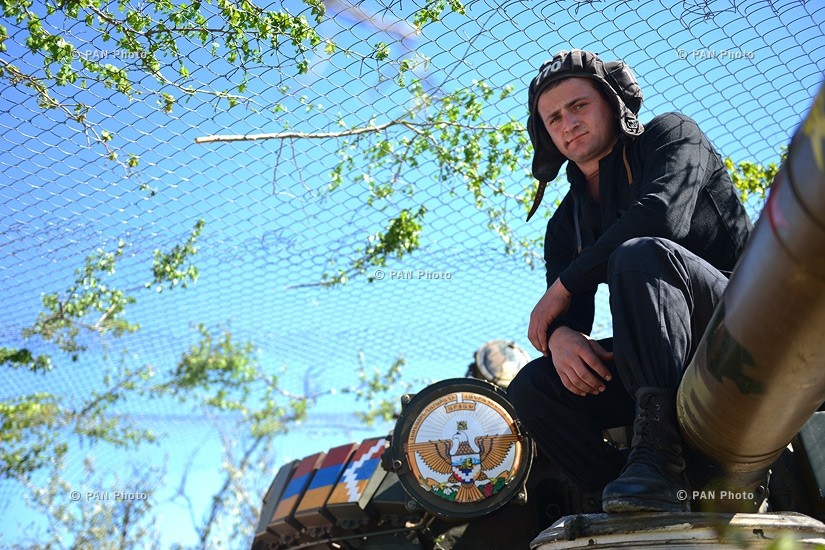
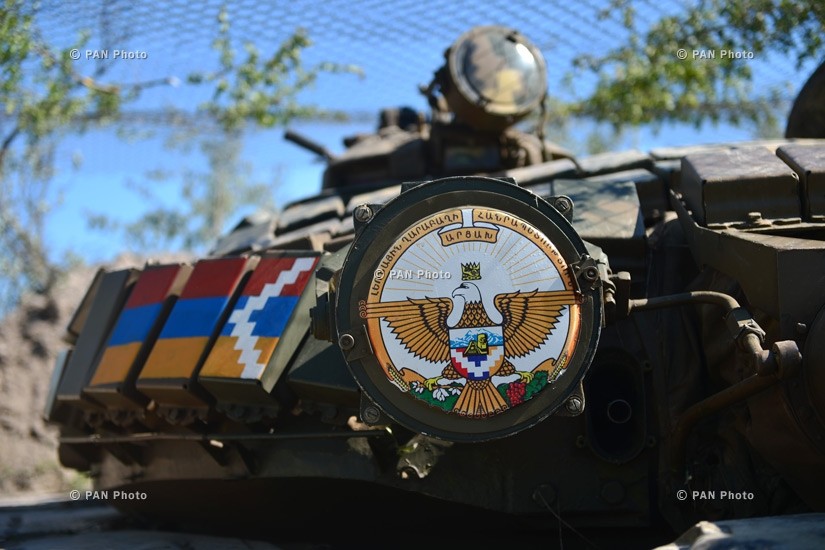
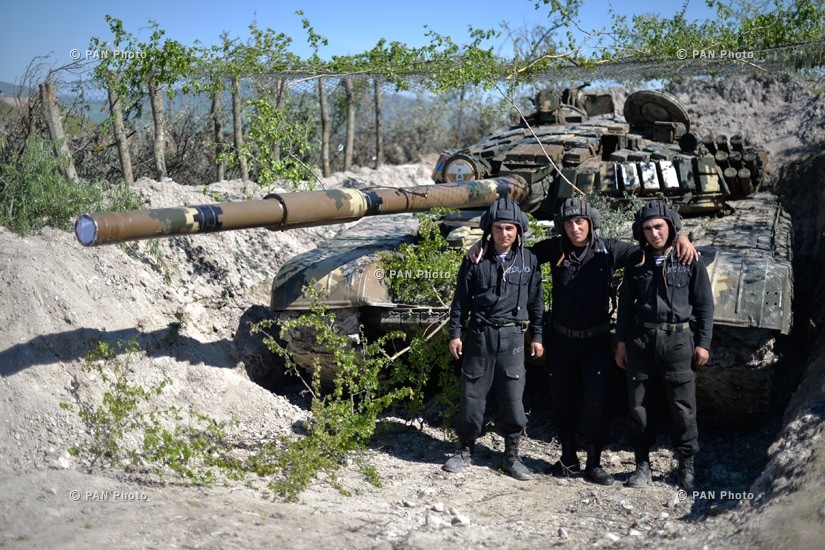
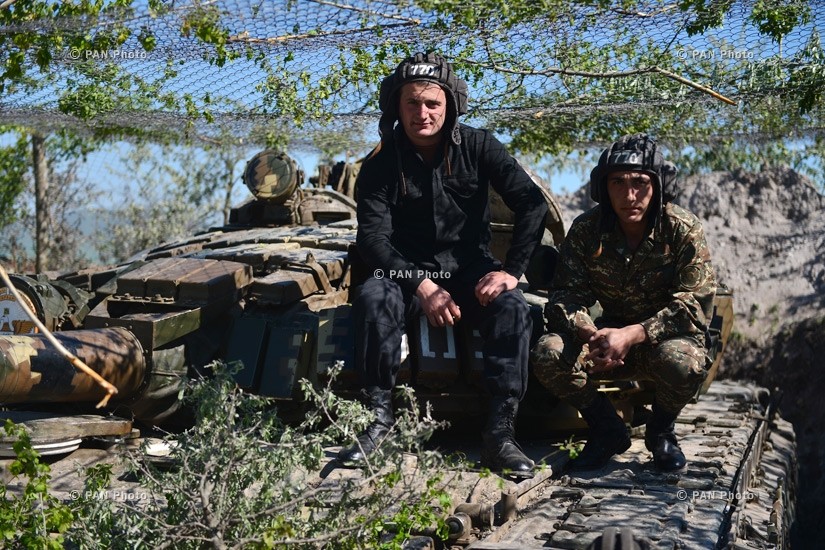
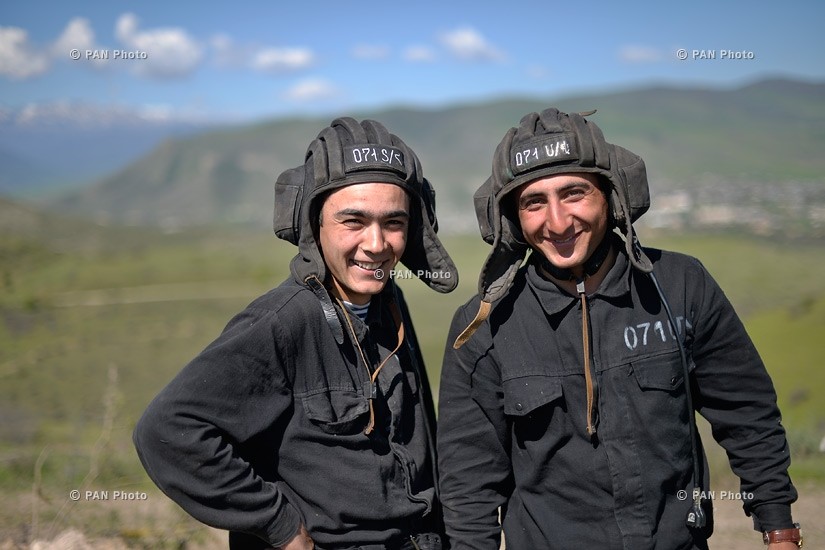
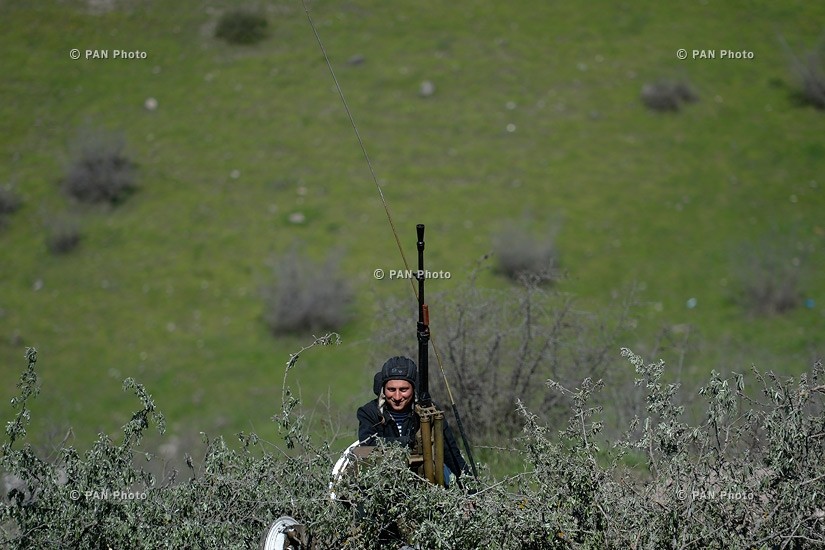



Comment